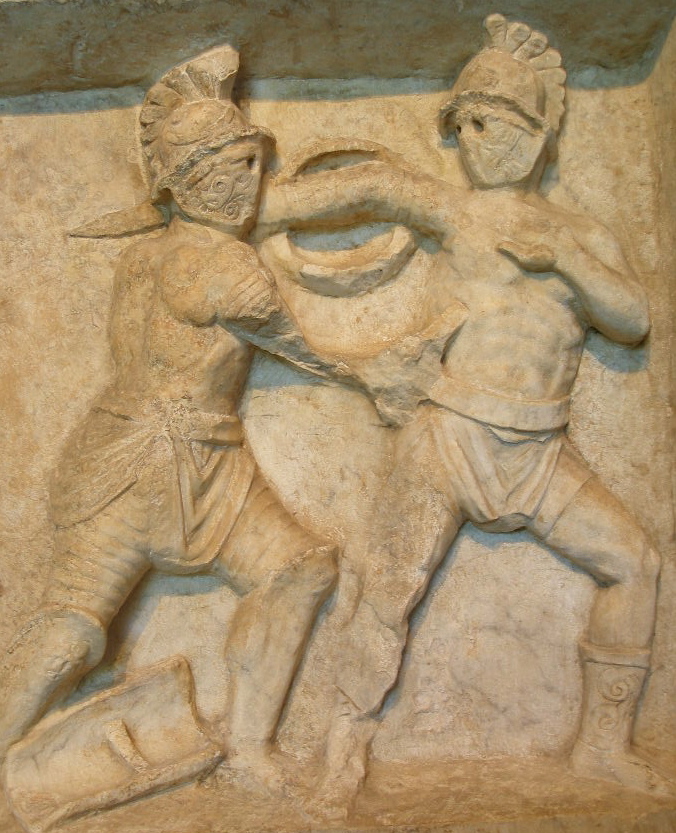

They ask me, "Grandad, what did you do in the software wars?" I went mad. No, that I cannot say. I want to tell them, "I coded for the resistance". But even today it is hard to talk about. Truth is, I was a coward. The "software wars" never really happened… not like people say. They're a story we tell today about how things fell apart. Sure, I was a great hacker, but like all the others I just gave up, and that's how we beat 'em… if this is winning.
"The humanists stood up to "bullshit jobs" and AI dehumanisation, and were dubbed Neo-Luddites."I think people knew it was coming. Digital technology had always created conflict. The humanists stood up to "bullshit jobs" and AI dehumanisation, and were dubbed Neo-Luddites. In the second and third crypto wars people fought for the right to private communication, and then for the right to use open plaintext protocols again, without mandated recipient codes. In the fog of creepy government lies contradiction and hypocrisy multiplied. People got confused. It took another 20 years to realise that encryption, for or against, had nothing to do with it. It was always about control.
Digital communications technology organised on large scales seemed inherently troublesome for meaningful human choice. But sometime in the last century it stopped serving people altogether. I remember your friend dying because her mother couldn't call an ambulance. Maybe, if it hadn't been for that Twitter thing with her work, if she hadn't been disconnected, things could have been different. The neighbours she blamed, they weren't bad people. Just afraid, like everyone. Unauthorised assistance meant certain disconnection. Besides, going outside for help, too risky for someone facebanned like her mum… one step too close to the Ring, a passing vehicle or stranger wearing Glasses would be enough.
The Semantic Wars (what they once called Culture Wars) had already made it impossible for anyone to talk to anyone else. Our fight to be heard amidst the trollbot armies, deepfake speech and meme mafia, was lost. The quest to have our words "mean what we mean" had silenced our voices and stripped away meaning. The Great Communication Breakdown was not a lack of will to talk, or "polarisation", but a failure of the medium of communication itself.
"The Great Communication Breakdown was not a lack of will to talk, or "polarisation", but a failure of the medium of communication itself."In the mid-twenties the Security Wars raged, to decide whose security was most important - the vendors or the 'users'. Until those days most of us had regarded security as a shared value, a tide to raise all ships. A more painful truth, is that under surveillance capitalism security is a zero sum game. With that kind of "security", your security is my insecurity, and vice versa.
I had never wondered until that time, how Orwellian contronyms arose, but soon we were divided into two camps. So-called "Secure Software", rubber-stamped by quasi-governmental corporations, was laughably insecure. Everyone knew it. But once governments had invested their pride, maintaining the pretence became a political priority. It gave the corporations a monopoly on commerce, medical and even educational computing. For a while the economy boomed for the certifiers, auditors, inquisitors, insurers and adjusters.
For everyone else, there was "Insecure Software", also called "Free Software" by older people. That was the stuff you needed if you really wanted safe and stable systems. Once Google and Microsoft controlled access to half the world's "secure" computers, society largely operated despite, not by, its consumer-communist institutions. Software became a Soviet-era black-market. For everything you needed there was an official solution, and an illegal "Insecure" one that actually worked.
"Once Google and Microsoft controlled access to half the world's "secure" computers, society largely operated despite, not by, its consumer-communist institutions."So, please understand, that by the time of the so-called Software Wars, everything was already "at war". Indeed, as historians now note, in the period between 1960 and 2060 people had mistaken what they called "The Internet" for a communications system, when it had in fact been an Ideal and a Battleground all along - the site of the 100 years info-war. ⬆